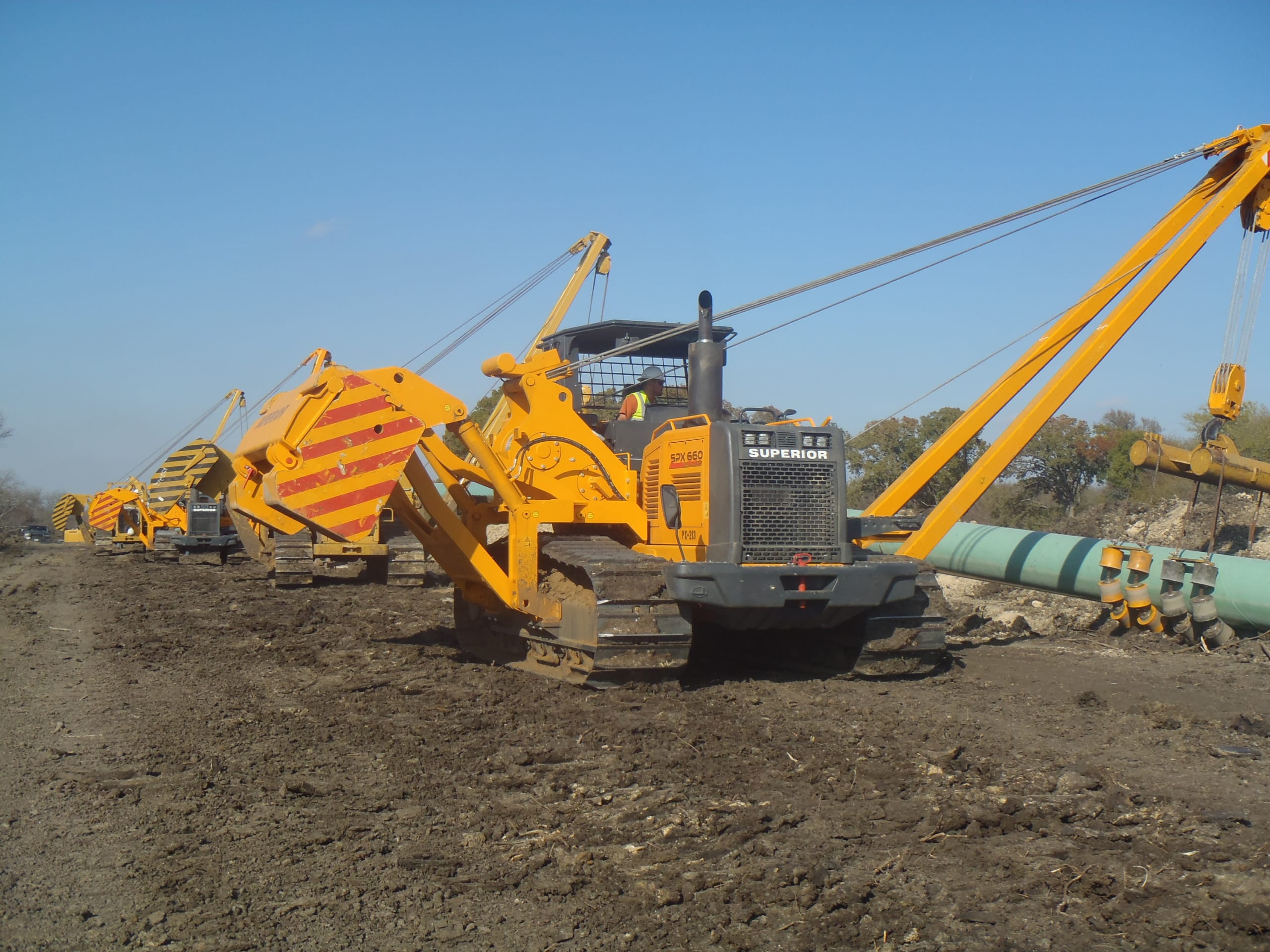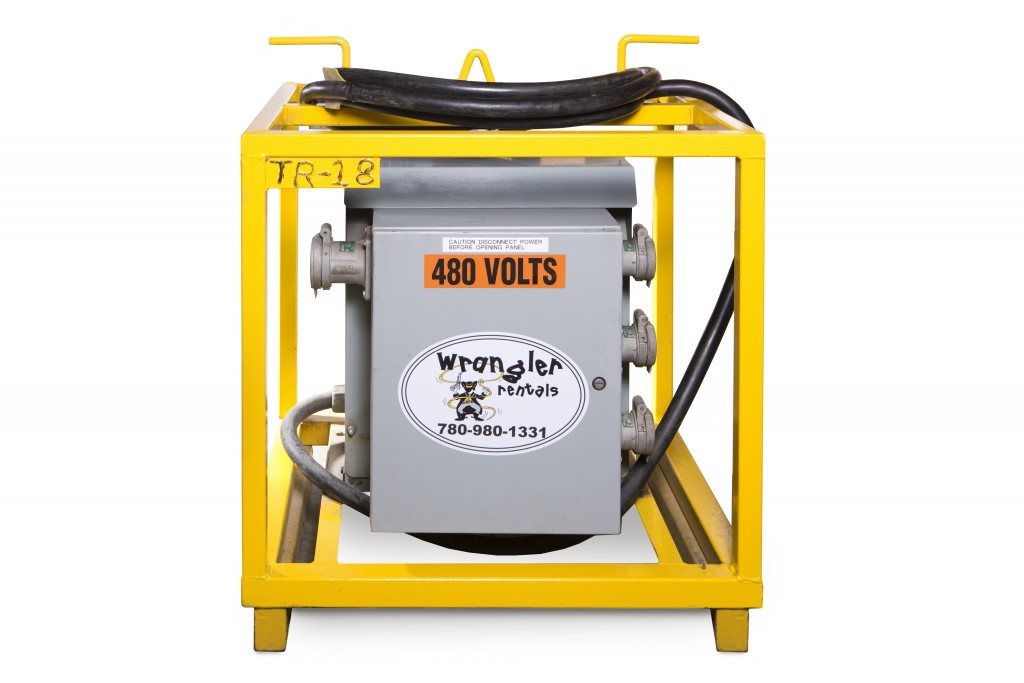A comprehensive overview to Superior Oilfield Rentals Texas and its key benefits
Wiki Article
Everything About Oil Field Equipment and Pipeline Equipment: Trick Insights and Important Information
Oil field equipment and pipeline systems play a crucial function in the oil and gas sector. They are essential for the effective extraction and transport of hydrocarbons. Key elements, such as piercing rigs and tank, straight influence operational success. Meanwhile, developments in technology promise to improve safety and security and efficiency. Comprehending these elements is essential for any person associated with or thinking about this complex industry, as it establishes the phase for much deeper exploration of market methods.
Introduction of Oil Field Equipment
As the need for oil remains to expand, understanding the tools used in oil areas comes to be progressively vital. Oil field equipment includes a vast array of equipment and devices vital for exploration, extraction, and processing. Trick parts include piercing rigs, which are important for getting to oil tanks, and manufacturing tools, such as separators and pumps, that facilitate the removal process. Superior Rentals near me. Additionally, storage containers play a significant duty in holding petroleum prior to transport. Safety devices, including blowout preventers and pressure determines, ensures functional safety and effectiveness. Each tool functions cohesively to enhance manufacturing and preserve effective operations. Knowledge with this tools is very important for professionals in the market to ensure effective procedures and adherence to safety and security criteriaKinds Of Drilling Rigs and Their Applications
Drilling rigs act as the foundation of oil removal procedures, with numerous types developed for specific geological conditions and functional needs. The most common types consist of rotating exploration rigs, which use a rotating drill bit to pass through the planet, and wire device rigs, recognized for their percussion boring approach. For offshore procedures, jack-up rigs and semi-submersible rigs offer stability and assistance in aquatic settings. Additionally, directional drilling rigs make it possible for operators to pierce at angles, reaching down payments that are not up and down available. Each rig type has distinct benefits, enhancing performance and safety based upon the exploration atmosphere. Selecting the suitable rig is essential for making the most of resource extraction while reducing environmental impact and operational costs.
Necessary Pipeline Equipment and Their Features
Pipeline facilities is essential for the transport of oil and gas from removal websites to refining facilities and end-users. Various essential devices parts promote this procedure. Pipes themselves function as the main conduits, developed to stand up to high stress and harsh substances. Pump stations are critical for maintaining circulation by boosting pressure along the pipeline. Valves play an important role in controlling flow and isolating areas for maintenance. Additionally, installations and connectors assure safe and secure joints between pipe sections. Monitoring systems, including flow meters and pressure sensing units, are essential for detecting leakages and enhancing circulation rates. Lastly, pigging equipment is employed for upkeep and cleaning, guarding pipeline integrity and effectiveness. With each other, these components form the backbone of a reputable pipeline system.Innovations and Technologies in Oil and Gas Equipment

Safety and Maintenance Practices in the Oil Industry
While the oil sector has actually made significant strides in modern technology and effectiveness, the significance of robust safety and maintenance practices can not be overemphasized. Efficient safety and security procedures are necessary to safeguard employees and the atmosphere, minimizing the danger of accidents and spills. Normal inspections and upkeep of devices aid determine potential problems prior to they escalate, making sure functional stability. Training programs for employees are crucial, highlighting the importance of security awareness and emergency action procedures. Additionally, adherence heated water lines for cottages to sector guidelines and standards promotes a culture of safety and security. Carrying out sophisticated tracking innovations can additionally improve upkeep practices, enabling real-time analyses of equipment problems. Eventually, focusing on safety and security and upkeep is essential to the sustainability and success of the oil sector.Frequently Asked Concerns
What Are the Ecological Effects of Oil Field Equipment?
The ecological effects of oil field equipment include habitat damage, water contamination, and air contamination (Superior Rentals Contact). Additionally, equipment malfunction can result in spills, detrimentally influencing wildlife and communities, highlighting the need for rigorous policies and tracking
How Is Oil Field Equipment Delivered to Remote Locations?
Transferring oil field equipment to remote locations typically includes specialized vehicles, helicopters, or barges. Logistics business coordinate routes, ensuring devices gets here securely and effectively, thinking about terrain and accessibility to reduce hold-ups and make best use of performance.What Regulative Requirements Govern Oil Field Equipment?
Governing criteria governing oil field equipment mainly consist of safety, environmental management, and operational effectiveness guidelines. Agencies such as OSHA and EPA apply these water coming out of pipe on side of house guidelines to ensure safe practices and decrease ecological impact in oil extraction operations.What Skills Are Needed to Operate Oil Area Machinery?

Exactly How Do Oil Costs Influence Equipment Need and Usage?
Oil prices greatly influence tools demand and use. Higher prices commonly lead to raised expedition and production tasks, driving demand for machinery. Conversely, reduced prices might lead to lowered procedures and decreased need for devices.Report this wiki page